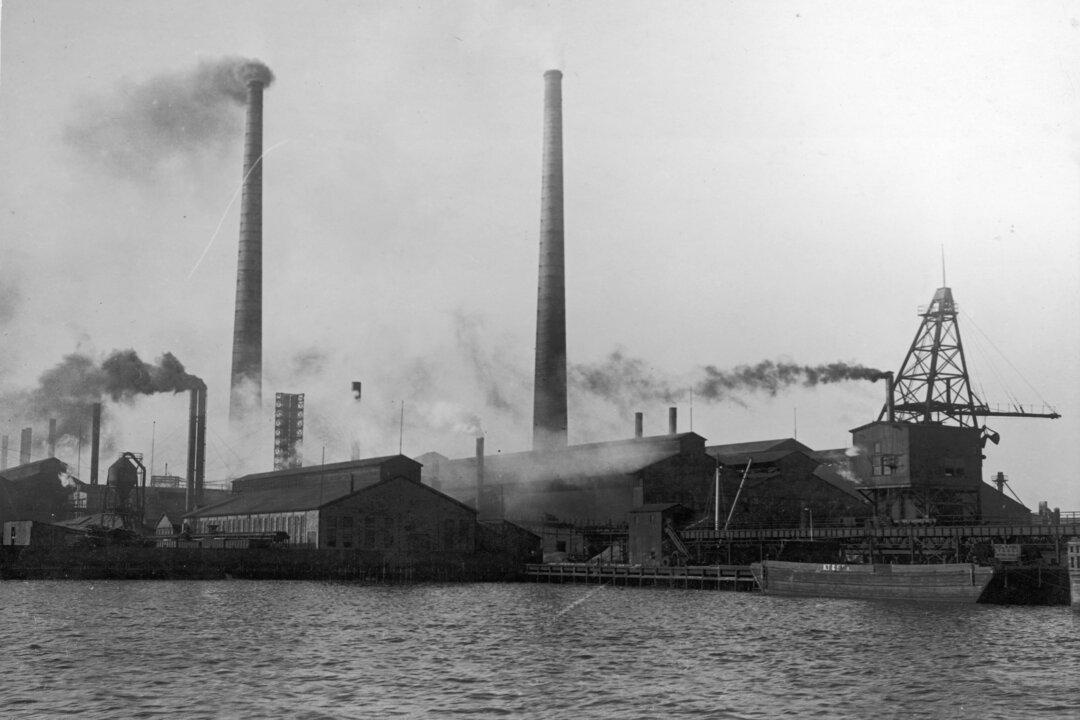Commentary
Decades before wokeness reduced the practice of canceling famous Americans to a mindless ritual, progressive historians agreed to cast John D. Rockefeller and Standard Oil in the most unfavorable of lights. Few question the “official” condemnation of Rocky and Standard today. Thus, just a few days ago in this publication, I encountered this typical historical treatment:





